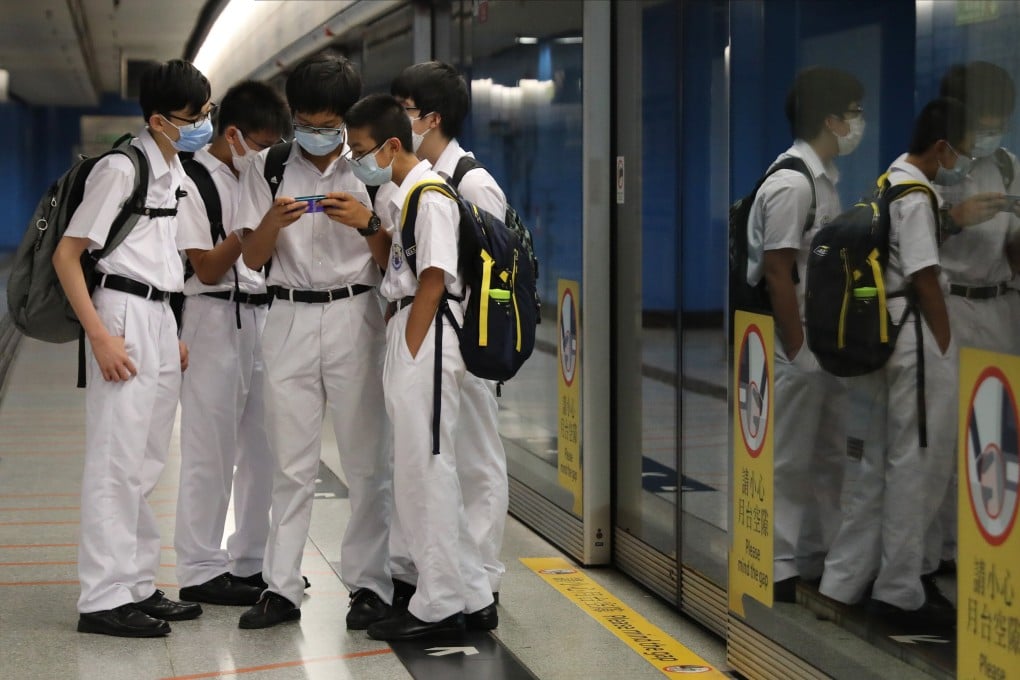Advertisement
Should Hong Kong follow mainland China’s tightened gaming time limits for kids? One party thinks so
- An online poll by pro-establishment political party DAB found that many kids in Hong Kong played online games for up to three hours to five hours each day
- The DAB called on video game developers to help supervise the kids who use their online gaming services and censor content that may be harmful to them
Reading Time:2 minutes
Why you can trust SCMP
15

Hong Kong’s largest political party suggests that the city heed recent developments in mainland China and impose limits on gaming time, along with real-name registration, to curb local teenagers’ growing addiction to video games.
The Democratic Alliance for the Betterment and Progress of Hong Kong, known as DAB, said it conducted this month an online survey of 463 parents in the city and found that more than 95 per cent of them want authorities to roll out measures that can prevent video game addiction among minors.
More than 50 per cent of those surveyed said their children played online games for more than three hours a day, while nearly 20 per cent said their kids played video games more than five hours each day, according to the DAB.
Advertisement
“Right now, we can only see zero protection from game developers who’ve adopted a freewheeling attitude over teenagers playing online games,” said DAB lawmaker Vincent Cheng Wing-shun at a press conference on Thursday. He urged Hong Kong authorities to learn from what the mainland was doing to tackle gaming addiction among minors.

01:32
China limits online gaming time for young people to 3 hours a week
China limits online gaming time for young people to 3 hours a week
At the press conference, DAB called on video game developers to help supervise the kids who use their online gaming services and censor content that may be harmful to them.
Advertisement
Cheng indicated that if the developers took no action, then that would warrant government intervention.
Advertisement
Select Voice
Select Speed
1.00x